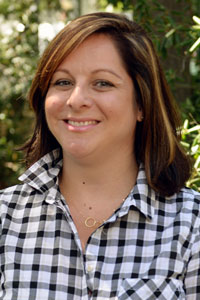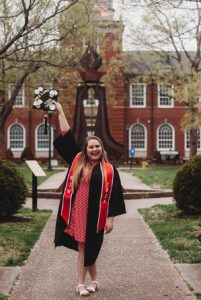LifeSet Program prepares often troubled youth for successful lives

The Youth Villages LifeSet Program, designed to help young people aging out of foster care or juvenile justice custody, has proven a success, according to officials with the program in Massachusetts and New Hampshire.
“Our LifeSet program is the bridge to successful adulthood,” said Lori Sustek, state director in Massachusetts and New Hampshire.
She explained that LifeSet is a comprehensive program that works with young adults from the ages of 17.5 to 22 “to help them achieve their goals in education, housing, employment, and basic independent living skills.”
Participants work one on one with a LifeSet specialist, who meets with them one or two times per week to help the young adults identify and achieve their goals of ultimately living independently and successfully, she said.
“We are also on-call 24/7 for when young adults are in crisis, need support, or need to work through a problem,” she added.
“The LifeSet specialists use evidence-based practices and research-driven interventions, such as trauma-informed care and trauma-focused cognitive behavioral therapy, to help participants overcome their challenges and meet their goals,” she explained.
“A young adult in our LifeSet program may work with their specialist on finishing high school or applying to college, getting a GED, finding employment or a suitable place to live, budgeting and
money management, grocery shopping, nutrition, obtaining a learner’s permit or license, parenting skills, or any other number of goals that they set together.”
That individual attention is important, according to one LifeSet participant.
“I was surprised with how helpful LifeSet was,” said Alyssa. “I learned life skills and actually practiced during our meetings, instead of learning on paper. I could ask questions that were personalized to me and my situation instead of generalized.”
First started in 1999 in Tennessee, the LifeSet program was brought to Massachusetts in 2009 with philanthropic support from the Greenlight Fund, according to Sustek. While at first focusing on the northeast part of the state, the program has since expanded to all regions of Massachusetts, including the Pittsfield region and Cape Cod, she said.
“We hope in the year ahead to begin serving young adults who live on Martha’s Vineyard,” she added.
In early 2020, the program was launched in New Hampshire.

A participant is successfully discharged from the LifeSet program when they can maintain safe and stable housing, have had no new contact with the law, and are employed full-time, in school full-time, or a combination of both.
“In July, we admitted our first young adults and have been growing steadily in New Hampshire since,” she said. “Right now, our services in New Hampshire are concentrated in the southern district, but we plan to continue expanding in the state and hope to offer LifeSet in the seacoast and north country.”
In 2019, 465 young adults in New England went through the LifeSet program.
“Nationally, we are serving around 4,000 young adults on any given day,” she reported.
Youth Villages provides services in 18 states and the District of Columbia and is expanding to include Nevada and New Jersey soon, she added.
Young people typically participate in the program for six to 12 months, based on individual needs. A participant is successfully discharged from the LifeSet program when they can maintain safe and stable housing, have had no new contact with the law, and are employed full-time, in school full-time, or a combination of both.
“Our LifeSet program has an 85 percent success rate one-year post-discharge,” Sustek said. “At two years post discharge, 91 percent of our LifeSet participants are living at home or independently, 87 percent are in school, have graduated, or are employed, and 87 percent report no trouble with the law.”
